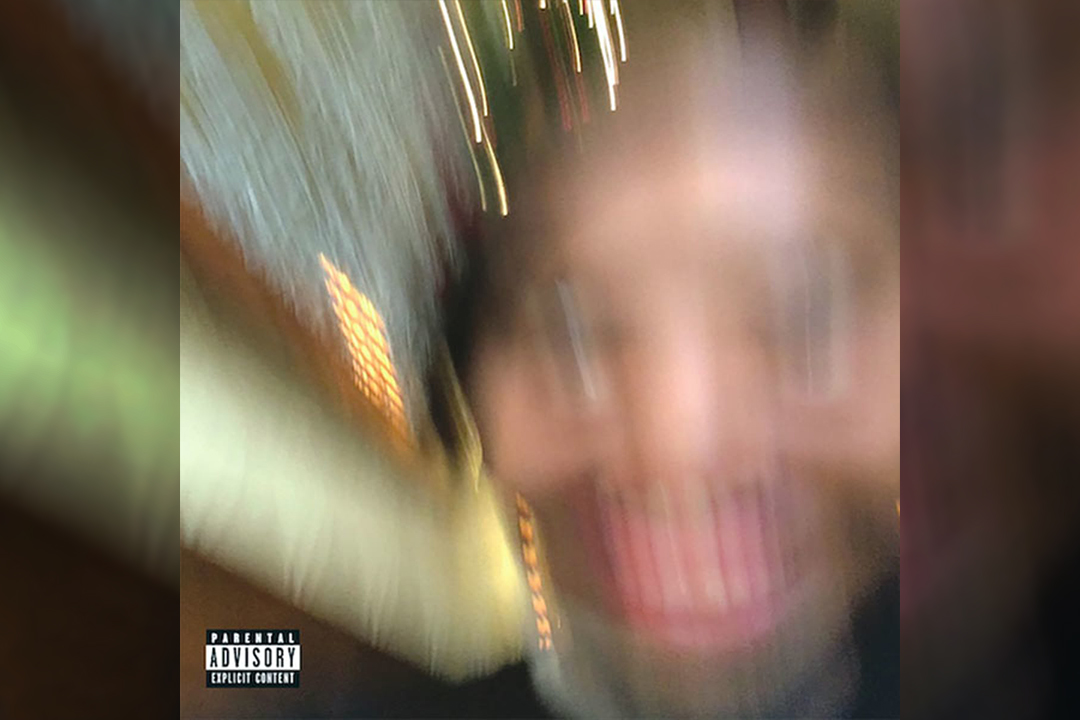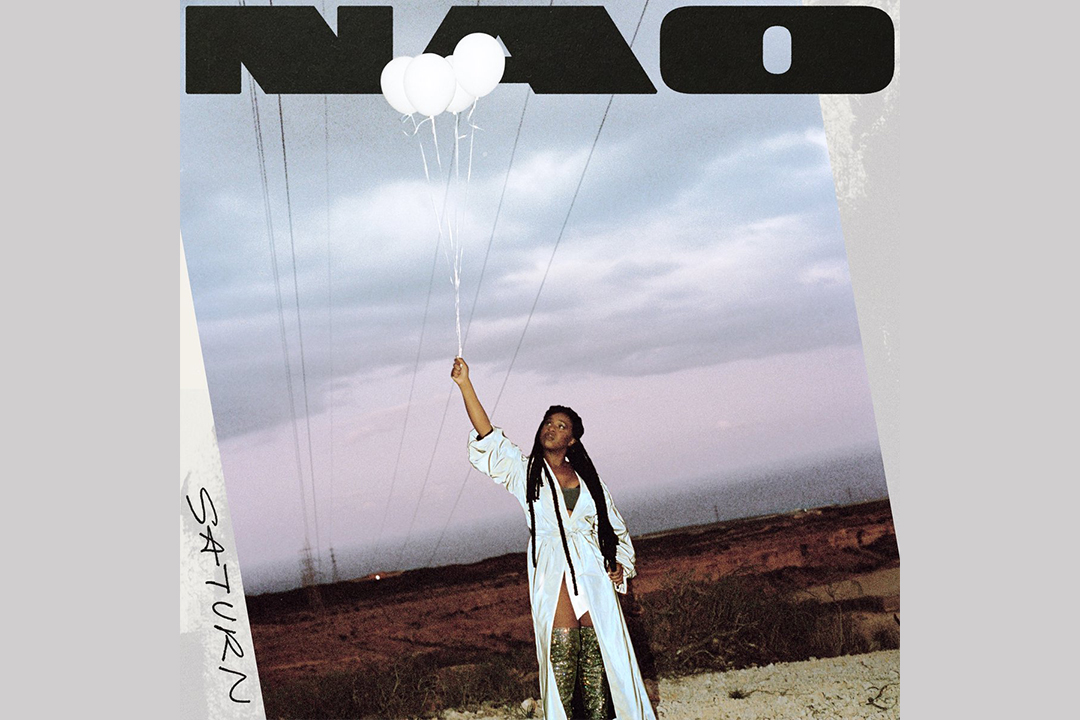CAN I KICK IT? CARDI B DEBUTS WITH INVASION OF PRIVACY
After dropping one of the biggest and most unexpectedly successful songs of 2017 in “Bodak Yellow” and a few mixtapes, Cardi B released her official debut Invasion of Privacy. What’s even more unexpected is that it might be the best album whose tracks you’ll hear on FM radio that’s been released this year. Against whatever the odds and expectations were from doubters, naysayers, haters, or just head-scratchers that were puzzled by her meteoric rise to fame, Cardi B has catapulted herself into the upper echelon of contemporary rappers. God bless the American dream.
Perhaps Belcalis Almanzar’s career path is not, in fact, strange for 2017/2018. Cardi’s former type of workplace has been a not-so-secret meeting place for hip-hop artists for decades now, and the ubiquity of social media platforms has produced stars in all facets of consumable media. Indeed, as Ivan Ego stated in Pixar’s Ratatouille, “A great [artist] can come from anywhere.” What remains surprising, especially to this critic, is the now-apparent difference between the talent of Cardi B and others artists that might have recently made waves in the hip-hop genre. Not only does Invasion of Privacy prove that she is an emcee that can hold her own weight on a track featuring big name artists, but that her songwriting and even singing chops are better than many contemporary hip-hop artists whose careers and notoriety began long before hers.
From the title track (silly concept for the hook and title aside), Cardi B makes it known that her success is not a fluke and this album is going to prove it like a punch from Adonis Creed into Ricky Conlan’s mouth. The production is not just lush, but Cardi takes unexpected risks with her sound from track to track that pay off immensely. The opener is dark, epic, and eerie, lining up opponents and laying them down with louboutins to the throat. Her voice makes all of her braggadocio interesting, making every line sound like a snap. Because of this, even the simplest of her lines seem interesting.
Of course, the tracks are that much stronger when she inserts humor and cleverness into her lines. Often is the case that she finds a complex idea and presents in a simple way that the current generation of hip-hop fans can not only consume but recite at the top of their lungs. On “She Bad,” she raps, “Write a verse while I twerk, I wear Off-White at church/Prolly make the preacher sweat/Read the Bible, Jesus wept.”
It’s not an accomplishment in and of itself to become more pithy with every release, but Almanzar is becoming a complete emcee before the world’s eyes. Her flows are tightening up and she’s started employing word association as clever as mixtape Lil Wayne (“I came here to ball, is you nuts?”). Add those to an impressive expanding range (including R&B diva-level vocal prowess), and the Bronx has itself its best artists in quite a few years. She covers quite a bit of ground lyrically and sonically, dressing down bummy boyfriends, considering her journey from pissy elevators to walking red carpets in designer gowns, becoming vulnerable when listeners least expect it, and rallying twerkers everywhere to spontaneously dance for temporal gains. On “Best Life,” featuring Chance the Rapper, she rehashes early career controversies and remixes an iconic Tupac poem, flipping it into an origin story. “I been broke my whole life, I have no clue what to do with these racks.” She raps with the transparency of someone who has shared her most intimate life details with strangers on the internet, but all of it is amalgamating into something that looks like the specialized Instagram feed of Canon®.
Cardi B said in a tweet-answering fest for GQ that she wasn’t trying to be the next queen of rap, that she just wanted to make music she liked and make a lot of money. It may be hard to supplant the popularity or reach the same levels of success as the likes of Nicki Minaj, but barring a sophomore slump, Cardi might find her name in that conversation soon.








